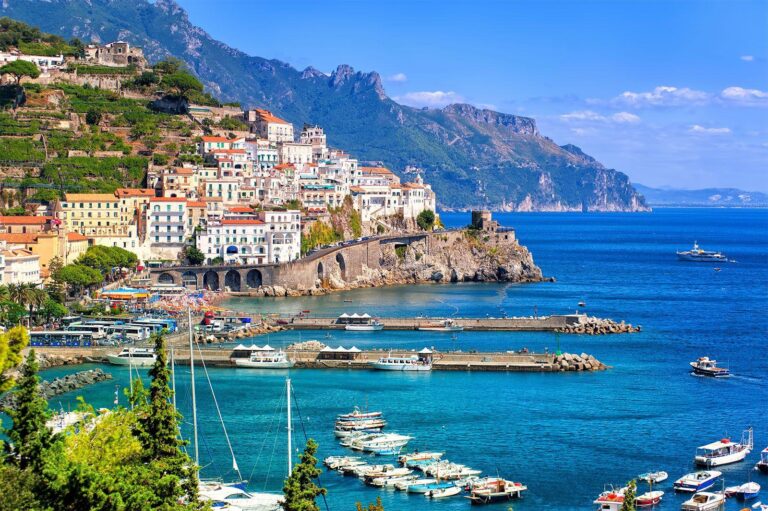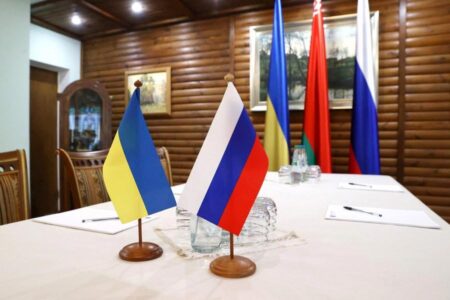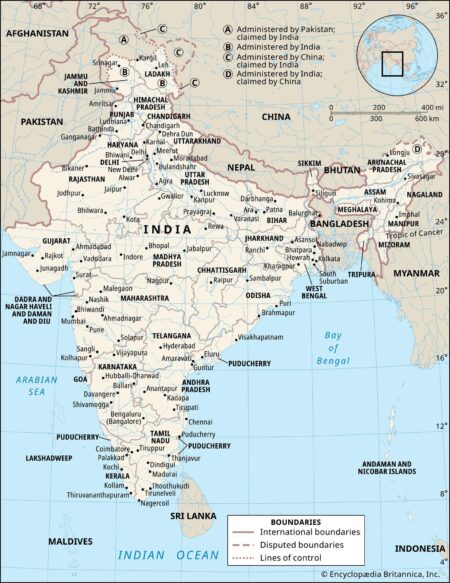Italy’s Diplomatic Push: Meloni and Zelenskyy discuss Ceasefire
In a notable diplomatic meeting,Italian prime Minister giorgia Meloni engaged with Ukrainian President Volodymyr Zelenskyy in Rome,focusing on the ongoing conflict in ukraine. In a decisive statement, Meloni advocated for an immediate ceasefire, reiterating Italy’s dedication to fostering peace and stability within the region. This meeting highlights the strengthening ties between Italy and Ukraine as both leaders navigate complex geopolitical tensions alongside pressing humanitarian issues.It also signifies a crucial moment for Zelenskyy as he seeks to rally international support for his nation’s sovereignty.
Meloni’s Call for Peace: Insights from the Zelenskyy Discussion
The recent gathering in rome saw Prime Minister Giorgia Meloni articulate her views on the urgent need for an immediate ceasefire, stressing that peace is vital for regional stability. She reaffirmed Italy’s solidarity with Ukraine, emphasizing its commitment to supporting its European ally against external aggression.This dialog not only reinforced bilateral relations but also showcased Italy’s increasing role as a proponent of peace initiatives.
during her address post-meeting, Meloni highlighted several critical points:
- Dialogue and Negotiation: Emphasizing negotiations as essential pathways toward resolution.
- Civilian Humanitarian Aid: Advocating for increased assistance to those affected by the conflict.
- Unity Among European Nations: Urging EU member states to present a cohesive front in their support of Ukraine.
The two leaders concurred that extending hostilities would only worsen humanitarian crises and destabilize Europe further.Meloni’s proactive approach signals a shift towards more diplomatic strategies aimed at addressing Ukraine’s challenges effectively.
Strategic Significance of Italy’s support for ceasefire in Ukraine
The endorsement of a ceasefire by Italy reveals a comprehensive strategy that extends beyond national borders. By aligning itself with Ukraine during this crisis, Italy aims to bolster its position within the European Union as an active mediator in conflict resolution efforts. Such diplomatic engagement could enhance Italy’s influence over discussions related to security frameworks and energy policies—especially pertinent given Europe’s current energy vulnerabilities heightened by ongoing conflicts. Additionally, this stance may strengthen alliances with Eastern European countries advocating peaceful resolutions while reinforcing Italy’s role in shaping collective responses regarding Ukrainian sovereignty.
A commitment to an immediate ceasefire could also pave the way for mutually beneficial relations between Italy and Ukraine through economic opportunities linked to post-conflict reconstruction efforts. As it works through its recovery from pandemic-related challenges, initiatives focused on rebuilding war-torn infrastructure may emerge—placing Italian firms at the forefront of these projects. This potential collaboration not only promises economic benefits but also enhances Italy’s geopolitical standing as it promotes stability across Eastern Europe. Key factors contributing to these strategic implications include:
- Tightened Diplomatic Relations: Collaborative peace negotiations elevate Italy’s status within international diplomacy circles.
- Economic Prospects: Participation in reconstruction endeavors could yield ample financial gains for italian businesses.
- Bilateral influence Growth: Supportive actions towards Ukraine might foster stronger connections with other Eastern European nations.
Future Directions: Recommendations for Strengthening Diplomatic Engagement
The recent talks between Prime Minister Giorgia Meloni and President Volodymyr Zelenskyy highlight an urgent need for enhanced diplomatic strategies aimed at ensuring regional stability amidst escalating tensions. The calls made during their discussions emphasize the necessity of engaging key global stakeholders through robust multilateral dialogues; leveraging its EU membership can enable Italy to spearhead initiatives designed at de-escalating conflicts while laying foundations conducive to lasting peace processes.
To improve diplomatic engagement moving forward, consider implementing these strategies:
- Create Regional Conferences: Organize regular summits involving representatives from Ukraine, NATO allies, and other meaningful regional players focused on addressing ongoing issues collaboratively.
- Cultivate Bilateral Relationships: Strengthen connections with neighboring countries promoting unified approaches toward security concerns and economic cooperation.
- Encourage Civil Society Participation: Involve NGOs along with community leaders into dialogues ensuring grassroots perspectives are integrated into high-level discussions.
Additionally , establishing frameworks around<strong long-term security guarantees will be pivotal when rebuilding trust among parties involved while setting groundwork necessary future negotiations . A collaborative effort among European nations can bolster support directed towards aidingUkraine whilst simultaneously addressing neighboring states’ security apprehensions . To achieve these objectives ,Italy alongwithits allies should contemplate instituting :
| Strategy | Objective | Expected Outcome |
|---|---|---|
| Crisis Response Mechanism | Enhance rapid response capabilities concerning emerging conflicts | |
| Trade Agreements | Strengthen economic ties linking upwithUkraine | |
Conclusion
The meeting between Giorgia Meloniand VolodymyrZelenskyyinRome representsa pivotal junctureinItaly ‘s foreign policy concerningtheongoingconflictinUkraine.By championingan immediatecease-fire,Melo ni underscoreshergovernment ‘scommitmenttopeacewhile positioningitselfasaproactiveplayerontheglobalstage.ThediscussionsbetweenbothleadershighlightthecriticalroleofdiplomaticengagementinresolvinginternationalcrisesandmaylaythefoundationforfurthercollaborativeeffortsamongEuropeannations.AsdevelopmentsunfoldintheUkrainiancontext,thefocuswillremainonItaly ‘simpactanditsbroaderrepercussionswithinEuropeanandglobaldynamics.




